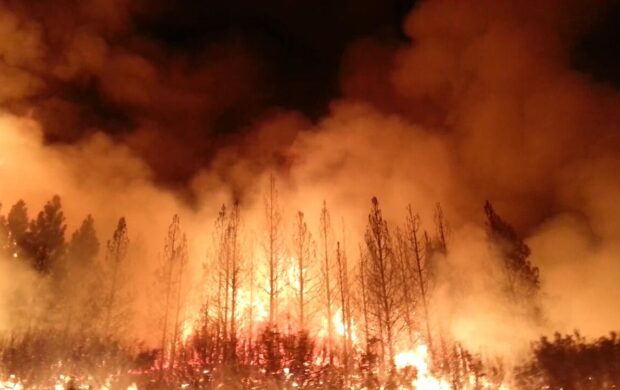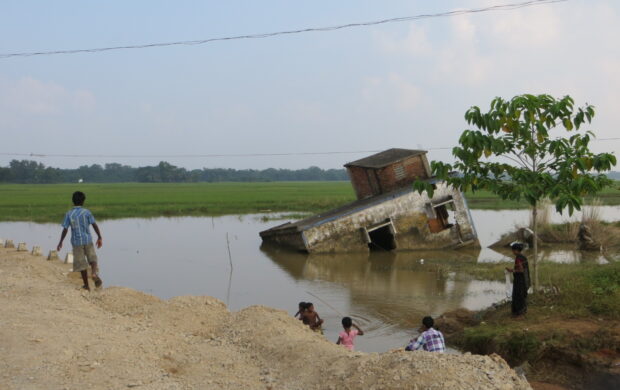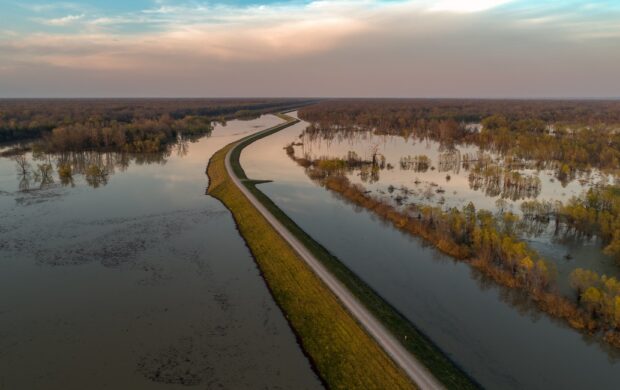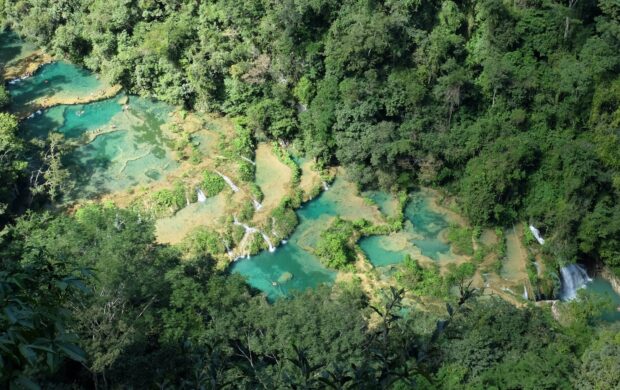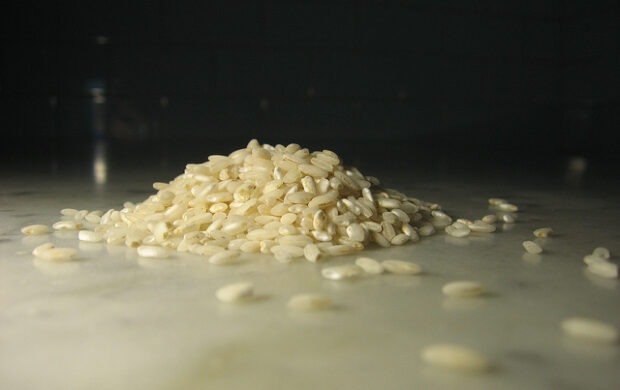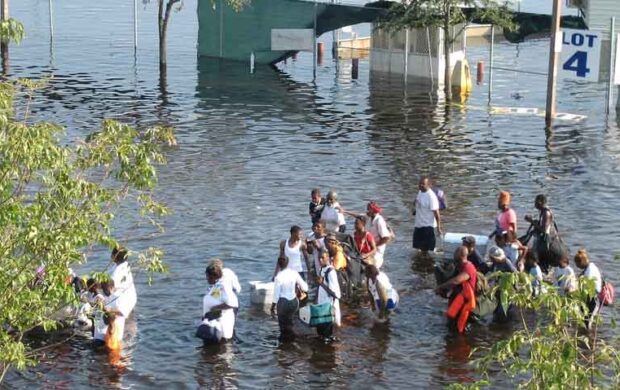Mami Mizutori, the UN secretary-general’s special representative on disaster risk reduction, has warned that climate disasters are now happening at a higher frequency than ever before. Speaking with The Guardian, Mizutori said that ‘lower impact’ climate crises are now occurring at a rate of approximately one per week. Such events get less global attention and media coverage than catastrophes such as the drought in India or the recently recurring cyclones in mozambique, even though they are equally capable of causing death, displacement and suffering.
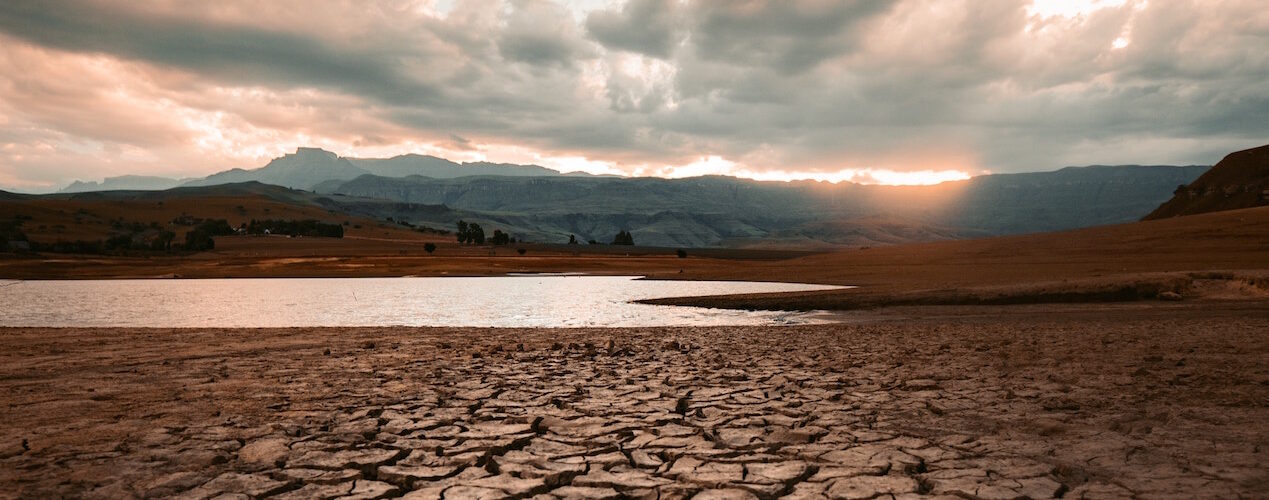
Mizutori expressed the urgency of the situation and urged governments to start investing in “adaptation and resilience measures designed to curb the effects of ongoing lower-impact events” instead of treating climate change as a long-term issue. She explained, “this is not about the future, this is about today”.
